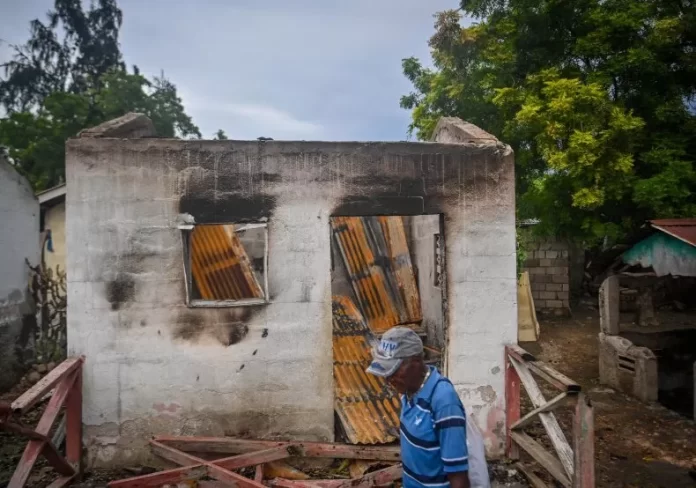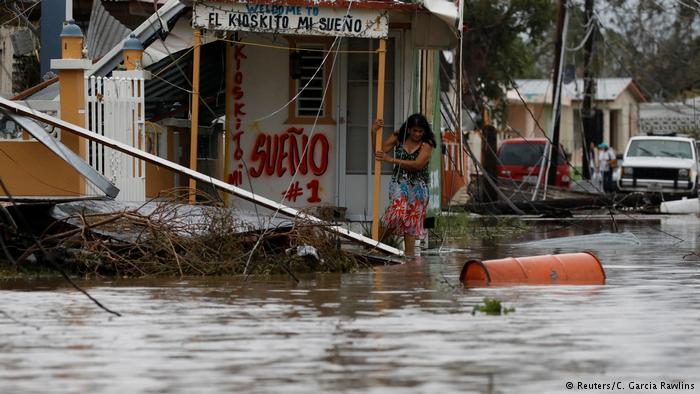Haiti continues to devolve further into lawlessness. Over 75 percent of the capital, Port-au-Prince, is controlled by gangs. Haitians continue to see their living situation and access to food, water, and health services deteriorate. The desperation is now leading to a significant increase in movement of people into the interior of Haiti, overwhelming the already minimal support services in these areas. The United States and other well-resourced countries have a responsibility to step up and provide Haiti with humanitarian support and diplomatic engagement during these challenging times. This is not only essential for Haiti’s survival, peace, and effective governance; it’s essential for our U.S. and global security.
Criminal gangs are forming alliances and have extended their reach into rural areas that were once safe havens, which is likely a reactionary response to the impending deployment of the Multinational Security Support (MSS) Mission endorsed by the United Nations. In the Grand Sud area in southwest Haiti—where my organization, Project HOPE has been running health programs whenever possible since 1984—we now regularly observe and treat people who have migrated in large numbers from Port-au-Prince to Les Cayes. Haitians are seeking safety and better conditions for themselves and their families, even if that means they are leaving their homes to sleep in makeshift camps. We are doing what we can to provide primary and mental health support through mobile medical units that see over 500 patients a day, but this is far from enough.
Despite everyone’s best efforts, gang control over vital ports and access routes continues to disrupt the flow of goods, including humanitarian aid. Project HOPE has already seen a 25 percent increase in our operating costs over the last 12 months, including higher costs for security, infrastructure, fuel, transport, goods, and services. One of our fuel drivers was fired upon recently in an attempted hijacking, but thankfully he was not injured.
The deplorable conditions are leaving Haitians with little choice but to consider extreme and risky migration decisions, including the treacherous journey through the Darien Gap in Central America toward the U.S. and Mexico border. In September and October alone, an estimated 31,000 Haitians migrated to Nicaragua with hopes of continuing north.
In the face of this escalating crisis, the time for action is now. A comprehensive and balanced approach is needed to address the issue of violence. Some actions can be taken immediately, such as confirming the U.S. ambassador to Haiti and opening additional ports outside of Port-au-Prince to ensure the safe delivery of humanitarian aid.
The success of any action will require working closely with Haitians in country and within the diaspora. The severity of a situation so close to the U.S. border calls for a comprehensive strategy that recognizes the interconnected nature of the challenges faced by the country. The U.S. must continue to play a leading role with Haitian and global leaders and much more seriously engage in long-term efforts to promote stability, security, and resilience. For instance, bipartisan House Resolution 471, introduced by Representative Michael Lawler (R-N.Y.), would go a long way to facilitate U.S. diplomatic efforts to promote stability, security, and resilience in Haiti.
The resolution is “calling for the redoubling of diplomatic efforts by the United States and its international partners to help achieve a negotiated, Haitian-led solution to the current impasse in Haiti that paves the way for broadly representative interim government to oversee the return to constitutional rule through free and fair elections.”
The U.S cannot and should not remain in this weak position to forge progress in a country so close and vital to our interests—which also further delays security and stability for the people of Haiti and the region. Although the road ahead may be difficult, by joining forces and taking decisive diplomatic action, we can help to prevent Haiti from devolving further and save countless lives in the process.




























![Phyllisia Ross – KONSA [Official Music Video]](https://haitiville.com/wp-content/uploads/2014/08/phyliisia.jpg)









